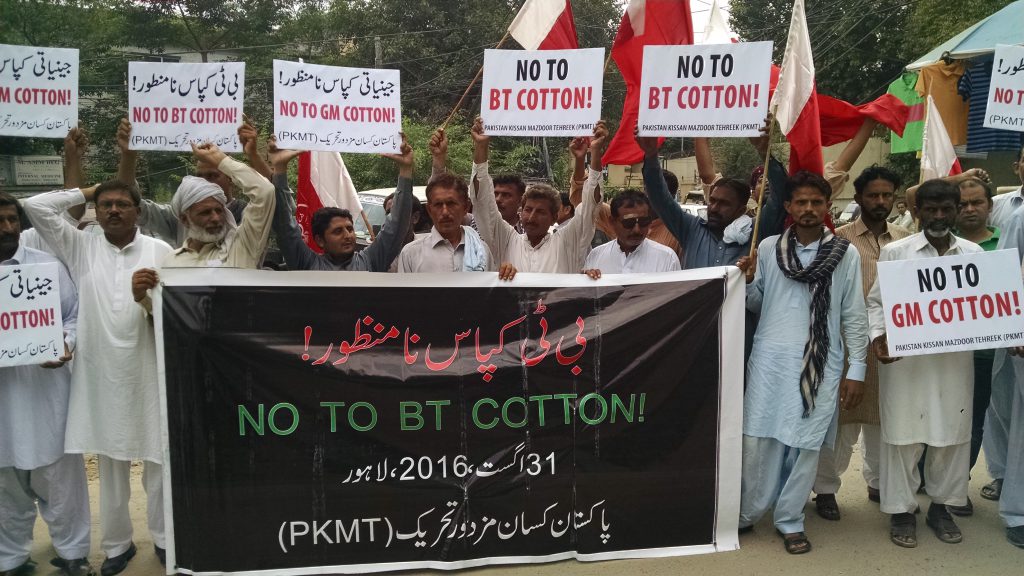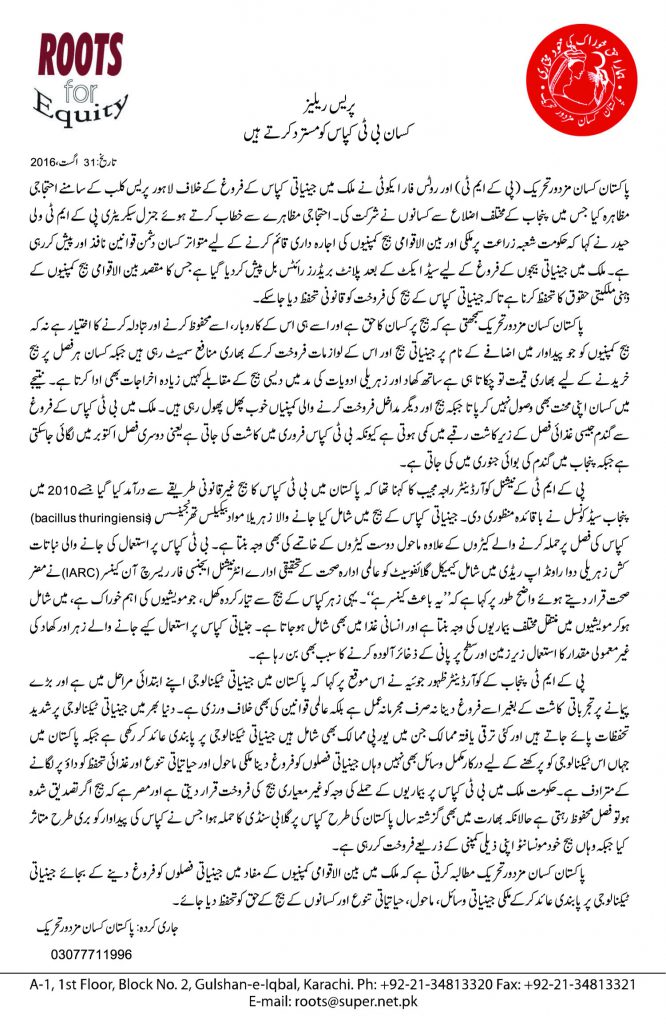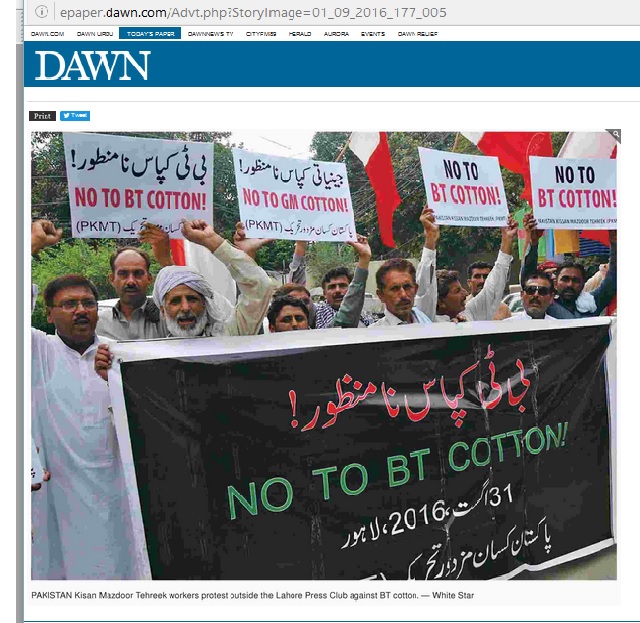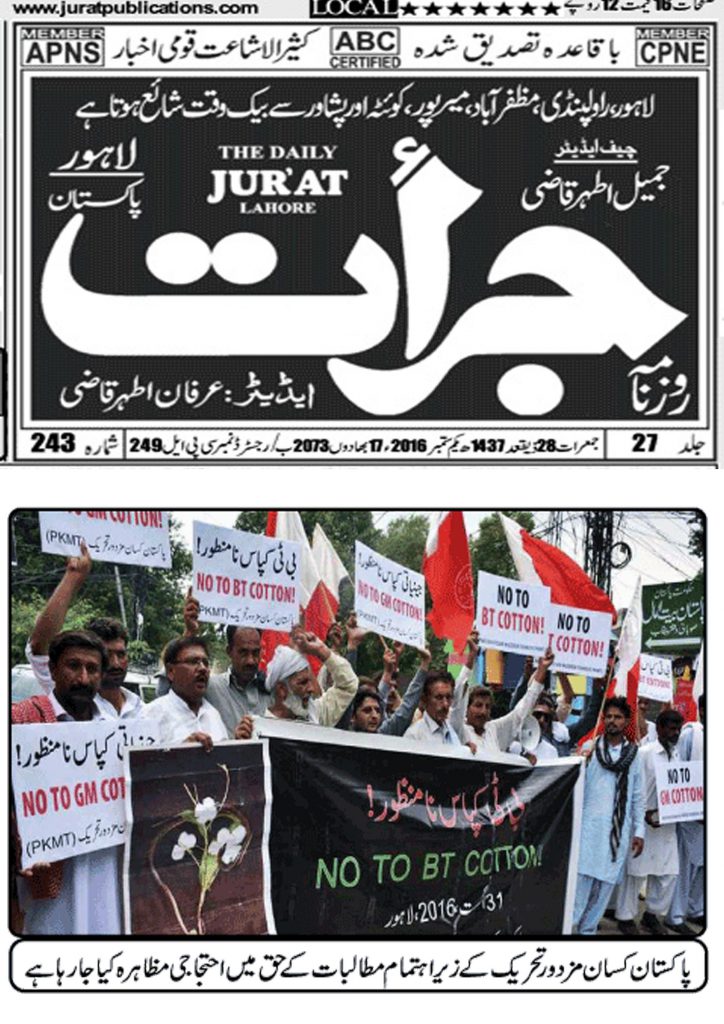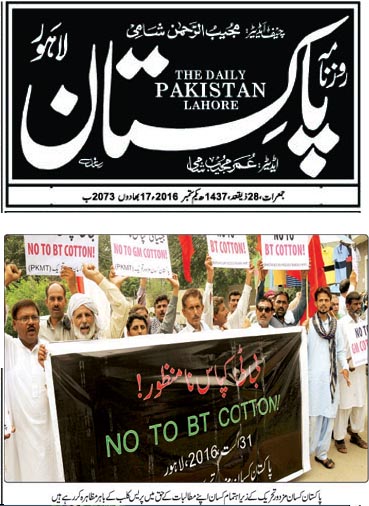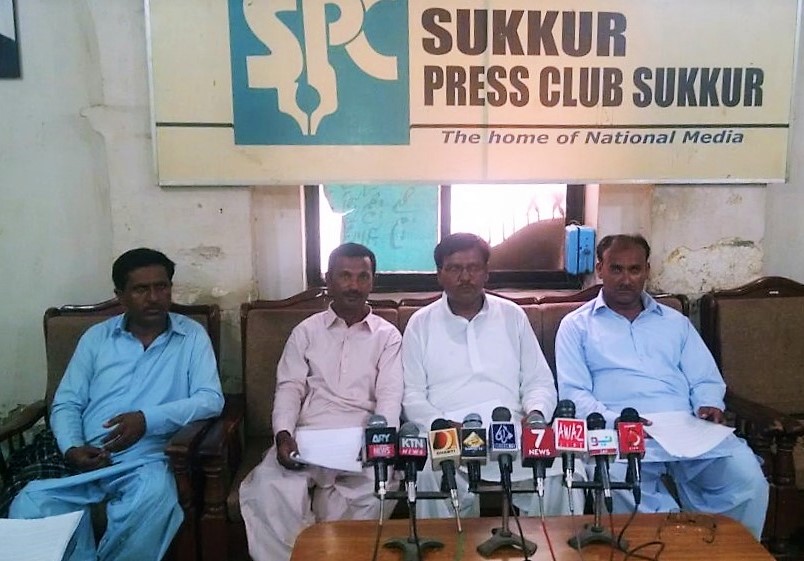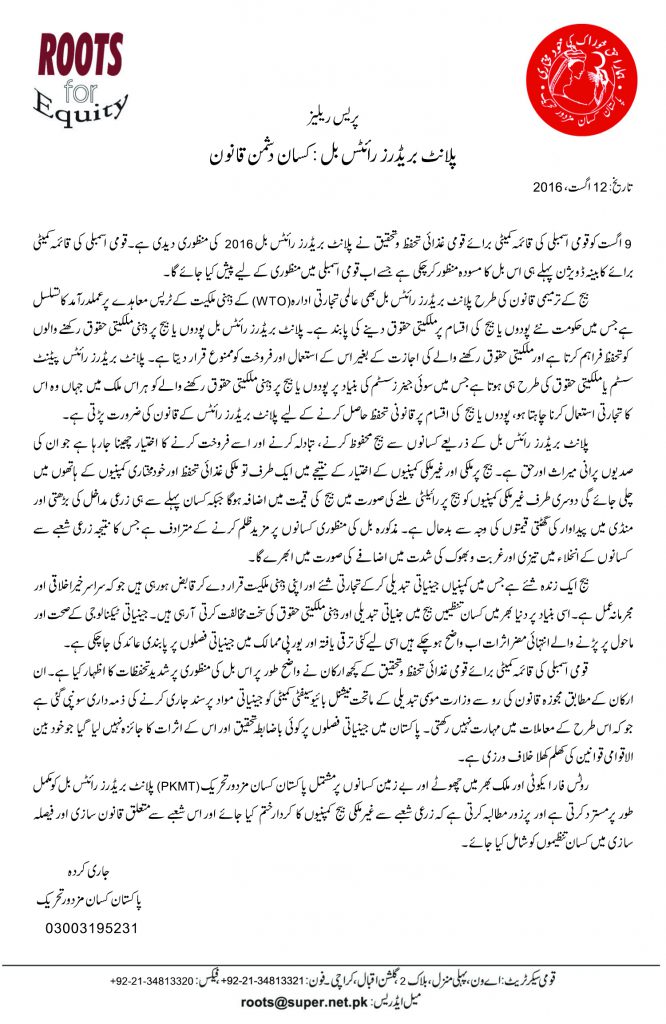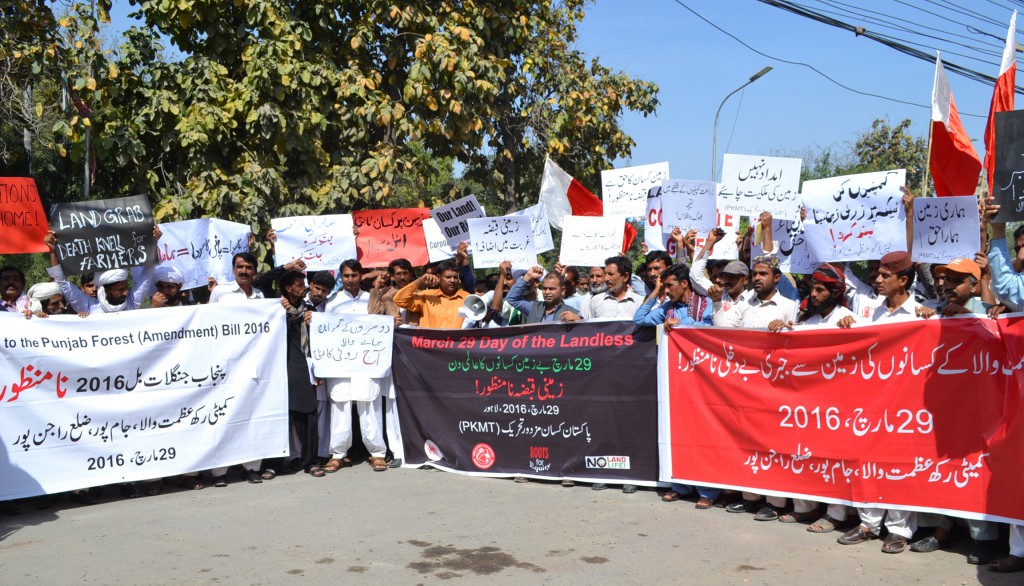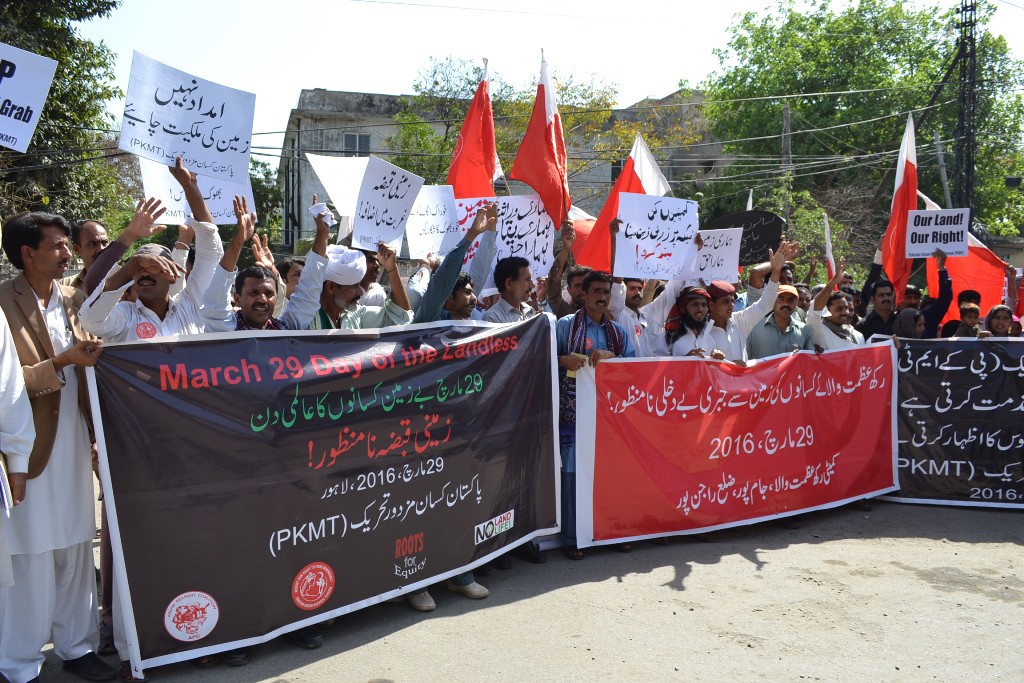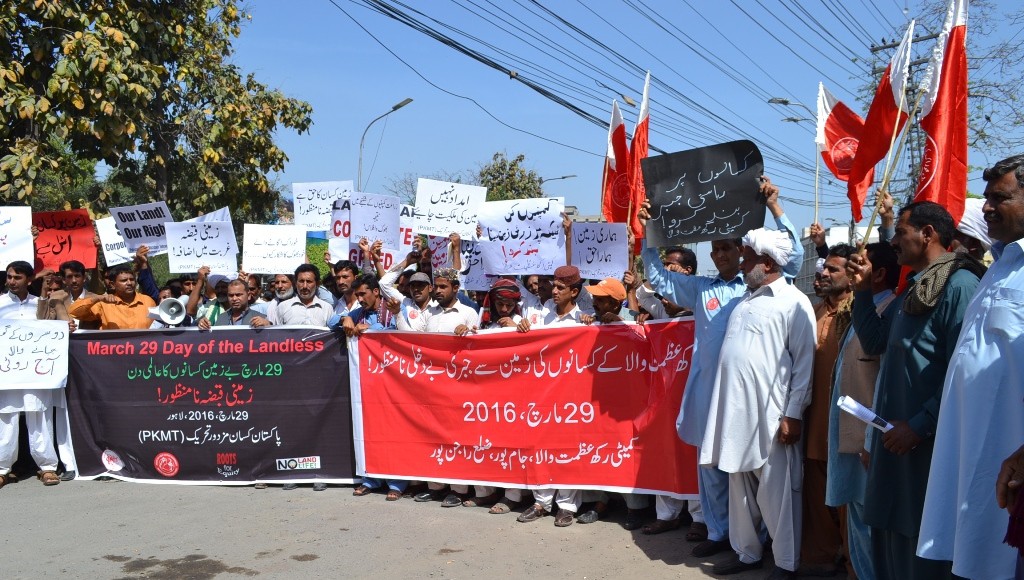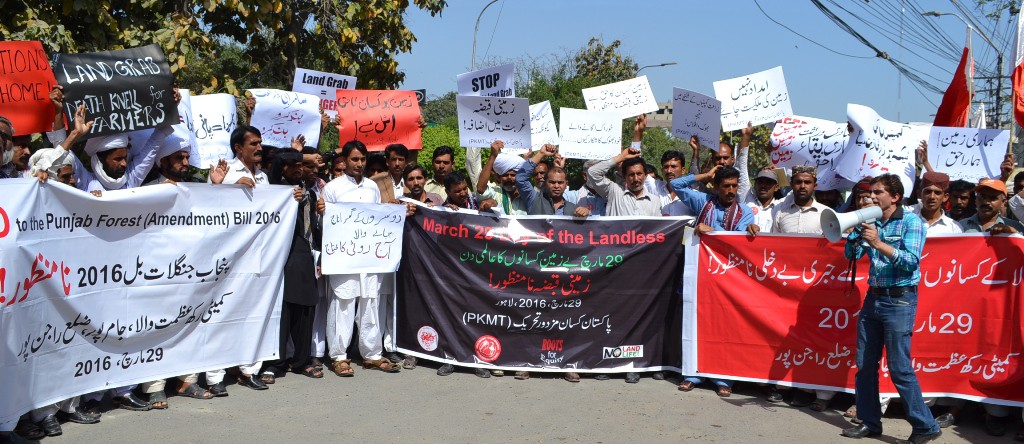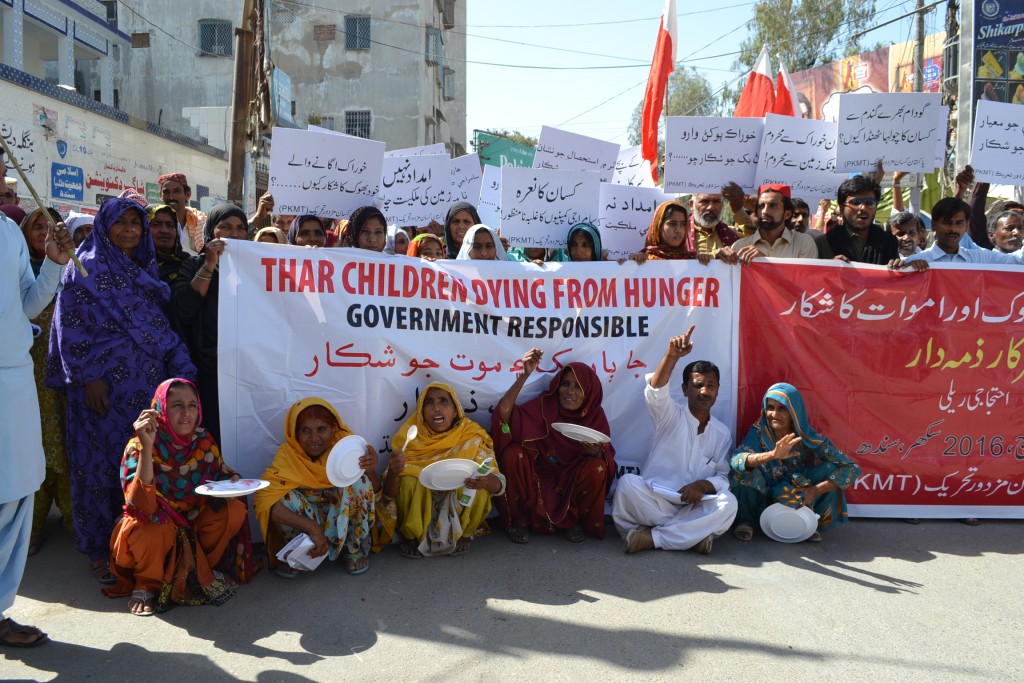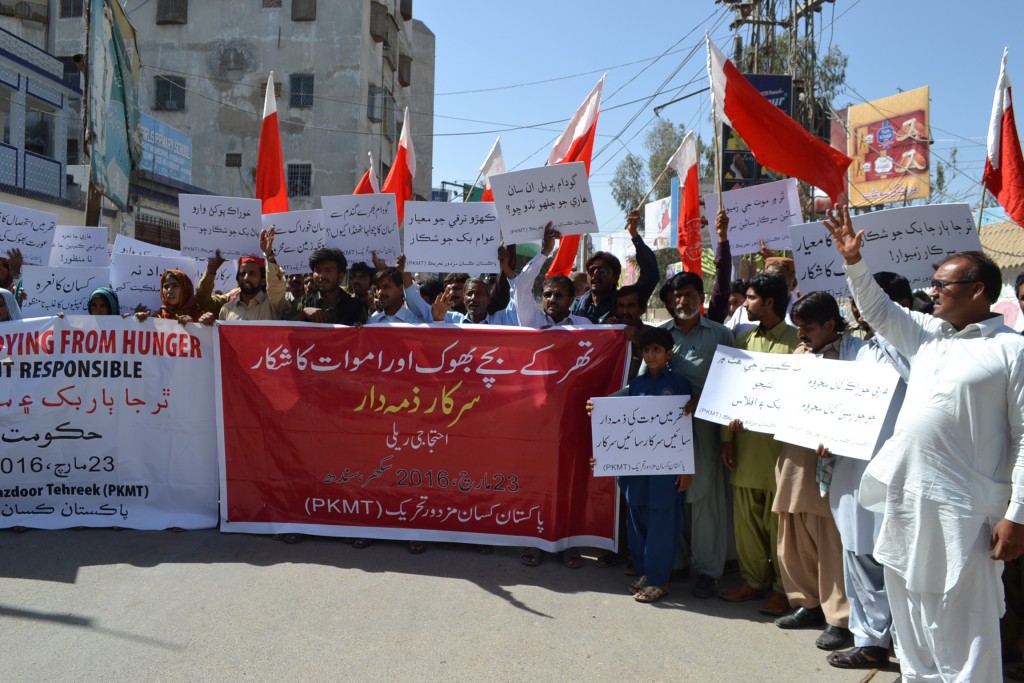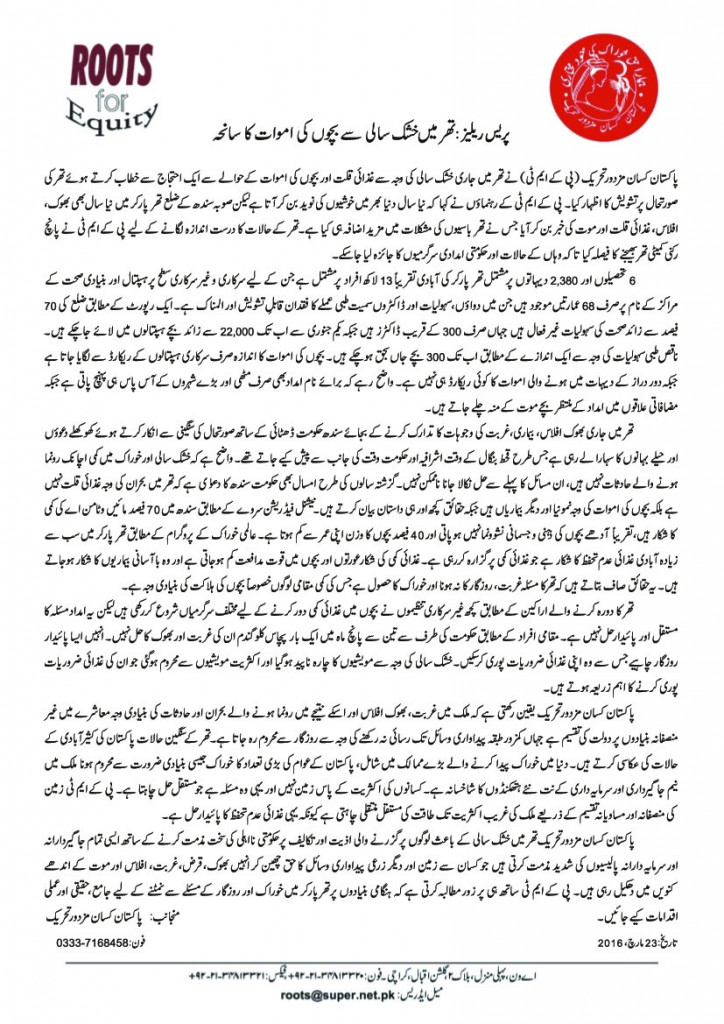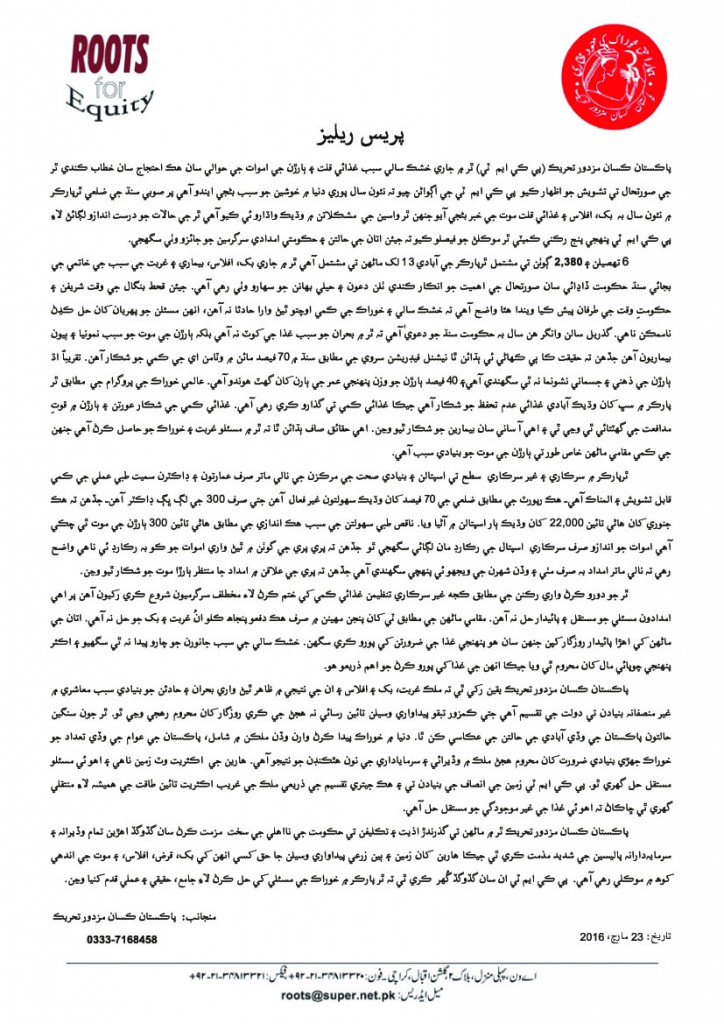Phnom Penh,Cambodia:
On 23 February 2017, human rights defender Tep Vanny was convicted and sentenced to two and a half years in prison by Phnom Penh Municipal Court for ‘intentional violence with aggravating circumstances’.
Tep Vanny is a land rights activist and human rights defender who works to combat corruption in Cambodia. She played a prominent role in mobilising communities in Boeung Kak Lake to fight against an eviction order agreed between the Government and a private corporation to carry out development plans which would include filling 90% of the lake for domestic and foreign tourists. Tep Vanny is one of the 13 women human rights defenders (the Boeng Kak 13) who were charged and sentenced to 2.5 years imprisonment on 24 May 2012 as a result of their work resisting these development plans.
On 23 February 2017, Tep Vanny was convicted by the Phnom Penh Municipal Court for ‘intentional violence with aggravating circumstances’ under Article 218 of the Cambodian Criminal Code and sentenced to two and a half years imprisonment. She was found guilty of assaulting security guards during a protest outside the house of Prime Minister Hun Sen in 2013. Her sentence also includes a fine of five million riels (approximately €1,178), and compensation payments to two members of the Daun Penh para-police; four million riels (approximately €942) to the first plaintiff and five million riels (approximately €1,178) to the second plaintiff. During the trial, no credible evidence was presented to justify the charges brought against Tep Vanny. At 8:30 a.m., around sixty supporters of Tep Vanny gathered outside the court. At 9:30 a.m., seven Makara district para-police violently dispersed about thirty-five women and children who were sitting peacefully outside the court. The women and children were forcibly dragged from the area, resulting in three of the women sustaining injuries, two of whom are from the Boeung Kak Lake community.
Tep Vanny had been in pre-trial detention in Prey Sar prison, Phnom Penh since August 2016. On 22 August 2016, she was charged with ‘intentional violence with aggravating circumstances”, regarding her role in a protest outside the house of Prime Minister Hun Sen where she demanded the release of human rights defender Yorm Bopha in 2013.
Front Line Defenders condemns the conviction of Tep Vanny, and the violent dispersal of the peaceful protestors. Front Line Defenders urges the Cambodian authorities to drop all charges against her as it is believed they are solely motivated by her peaceful and legitimate work in defense of human rights in Cambodia, in particular her struggle against forced eviction in Boeng Kak Lake.


